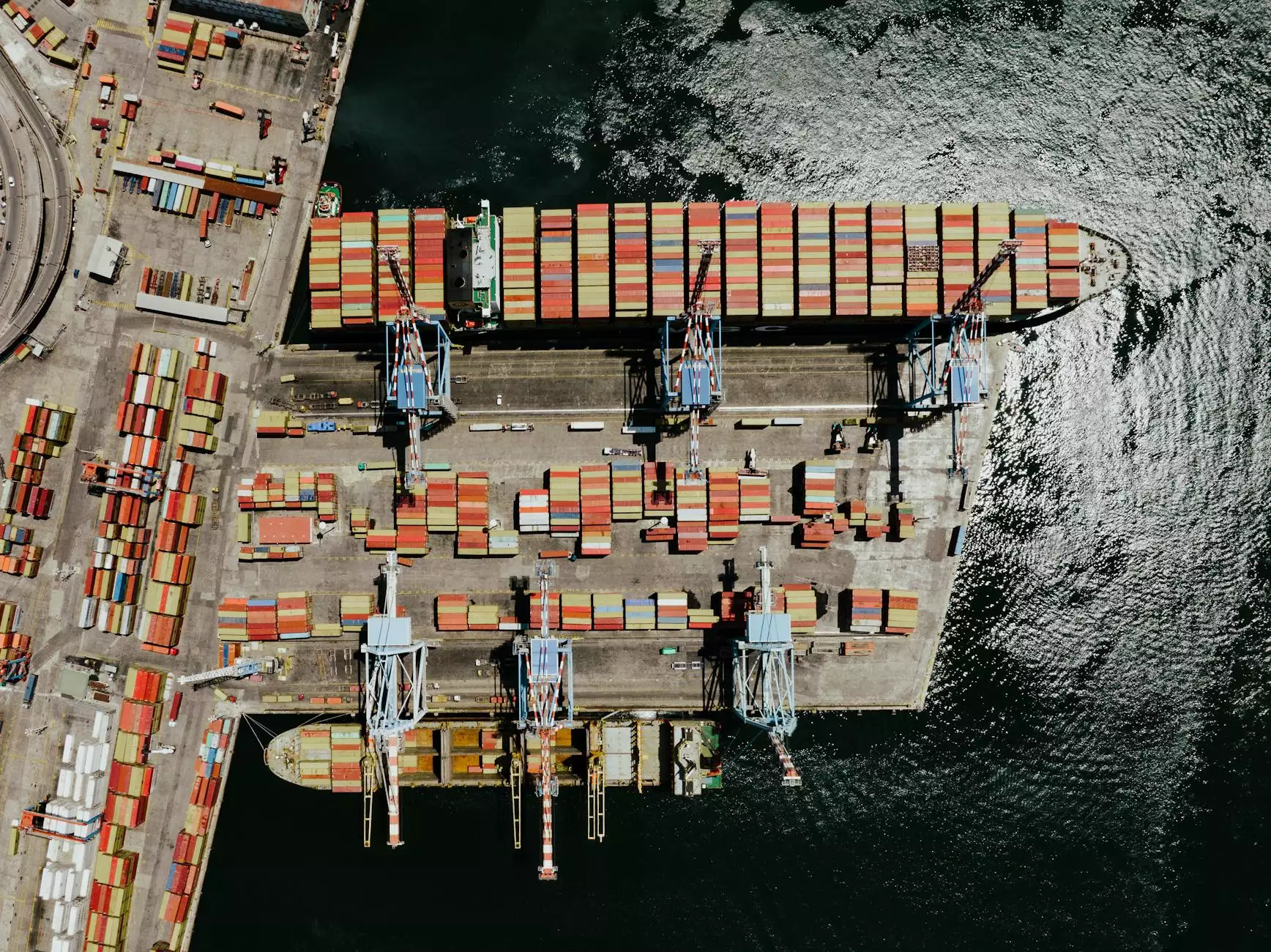Understanding Air Freight Costs: How Much is Air Freight per Kg?

When it comes to international shipping, one of the most pivotal considerations for businesses is the cost associated with air freight delivery. Understanding how the air freight per kg pricing model works can significantly influence the profitability and efficiency of your shipping strategy. In this comprehensive guide, we will delve deep into the factors that affect air freight costs, how to find the best shipping centers, and what businesses should consider when choosing air freight as their primary mode of transport.
The Basics of Air Freight
Air freight refers to the transportation of goods by an air carrier. This method of shipping is widely utilized by businesses that need to expedite delivery times or ship goods over long distances. Key features of air freight include:
- Speed: Air freight is generally the fastest method for moving goods internationally.
- Global Reach: Major airlines operate routes across the globe, allowing for flexible delivery options.
- Reliability: Air freight offers a higher level of reliability than many other shipping methods.
How is Air Freight Charged?
The costs associated with air freight are typically calculated based on weight, volume, and the distance between points. The air freight per kg formula plays a crucial role in determining your overall transportation costs.
Weight vs. Volume
Airlines usually charge based on the gross weight or the volume weight of the shipment, whichever is greater. Understanding how these weights are calculated is essential:
- Gross Weight: The total weight of the package, including its contents.
- Volume Weight: Calculated by the formula: Length (cm) x Width (cm) x Height (cm) / 6000. This formula helps determine the space that the shipment occupies.
As a business owner, knowing these calculations can ensure that you are not overpaying for your shipments.
Understanding Pricing Components
Several factors comprise the overall air freight rates:
- Base Rate: This is the standard charge per kg for transporting goods.
- Fuel Surcharge: A variable fee that changes depending on current fuel prices.
- Security Fees: Charges that cover the cost of security checks and measures taken by airlines.
- Customs Duties: Fees that may apply when shipping internationally, depending on the destination.
- Handling Fees: Charges for additional services such as packaging and documentation.
Factors Affecting Air Freight Charges
Several external and internal factors can influence the amount you pay per kg for air freight:
1. Shipping Route
The distance between your shipment origin and destination plays a crucial role in the air freight per kg cost. Longer distances may incur higher fees.
2. Current Demand and Capacity
Market demand significantly affects air freight charges. For instance, during peak seasons, such as holiday times, rates tend to increase due to higher demand for shipments.
3. Type of Goods Being Shipped
The nature of the goods can also influence costs. Categories such as perishable, hazardous materials, or oversized items may require special handling and incur additional charges.
4. Service Level
Different service levels, such as express or standard shipping, carry different costs. Faster services usually come at a premium price.
Choosing the Right Shipping Centers for Your Business
Selecting an appropriate shipping center is critical to managing your logistics effectively. Here are key factors to consider:
1. Location Proximity
Choose shipping centers that are ideally located near your suppliers or your primary markets. This can reduce both transit times and costs associated with air freight per kg.
2. Reputation and Reliability
Research the reputation of various shipping centers in terms of reliability and efficiency. Look for reviews, testimonials, and past performance records.
3. Services Offered
Different shipping centers offer various services such as warehousing, customs clearance, or temperature-controlled storage. Consider what services are essential for your business needs.
4. Technology and Tracking
Modern shipping centers utilize advanced technology to improve efficiency and provide real-time tracking of shipments, ensuring transparency throughout the shipping process.
The Role of Airports in Air Freight
Airports serve as hubs connecting businesses to global markets. Their role in air freight logistics cannot be overstated. Here are some aspects to consider:
1. Airport Infrastructure
Ensure that the airports you are dealing with have the necessary infrastructure to facilitate timely loading and unloading of cargo.
2. Customs Facilities
Efficient customs facilities streamline the import and export processes, which can save both time and money in your shipping operations.
3. Connectivity
Look for airports with comprehensive flight connections to key markets to enhance your distribution capabilities.
Conclusion
Understanding the costs associated with air freight is crucial for any business looking to navigate the global shipping landscape effectively. With a clear grasp of how air freight per kg is calculated and the various factors that influence costs, businesses can make informed decisions when it comes to logistics and shipping strategies. By choosing the right shipping centers and understanding the vital role of airports, companies can enhance their operations and ensure timely delivery of goods, which ultimately contributes to customer satisfaction and business growth.
Your Next Steps
Now that you are equipped with detailed insights into the air freight industry, it's time to evaluate your current logistics strategy. Consider reaching out to CargoBooking for tailored solutions that fit your business needs. Our extensive network of shipping centers and efficient transportation options can help you optimize your air freight expenses and enhance your overall supply chain efficiency.









